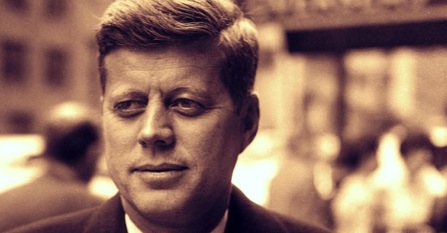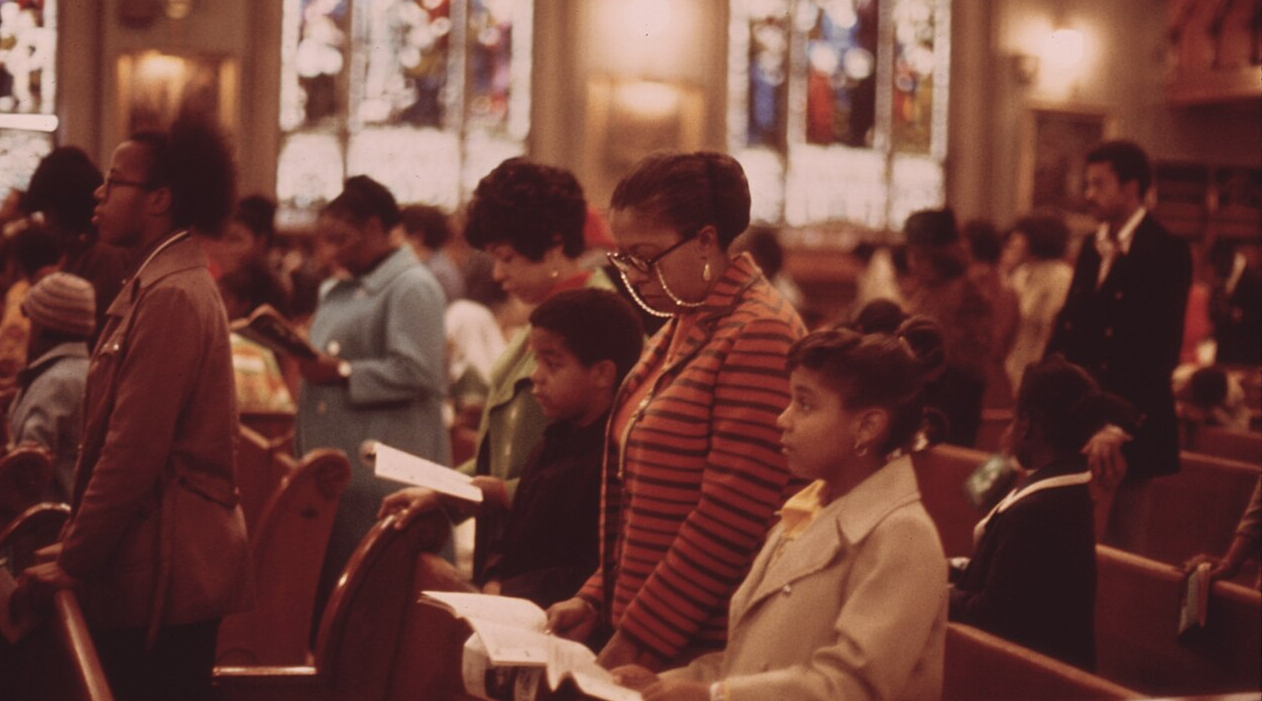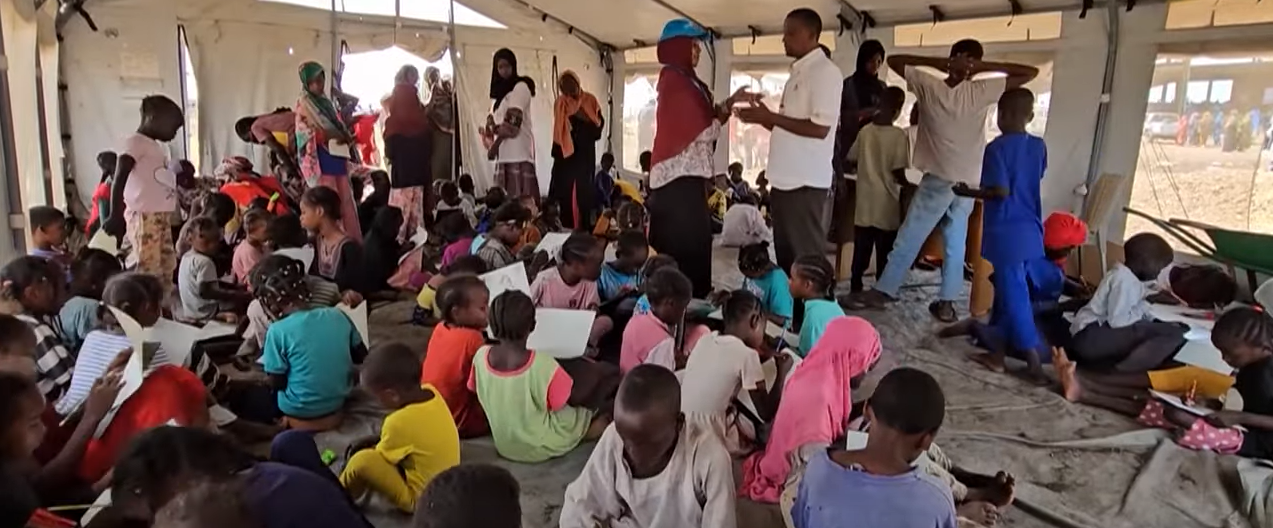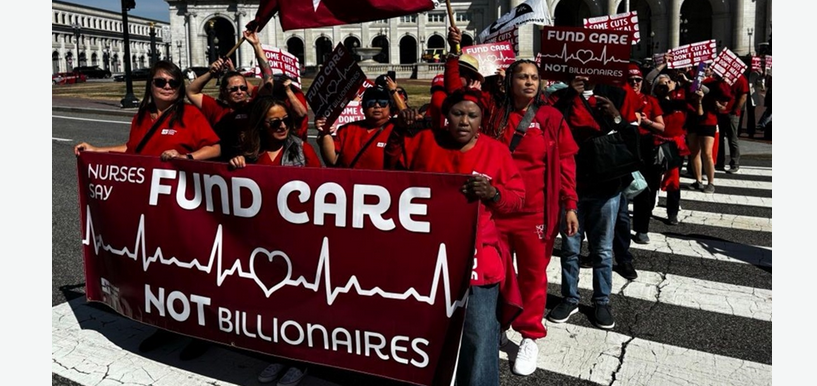[Commentary: National]
“It should be clear by now that a nation can be no stronger abroad than she is at home. Only an America which practices what it preaches about equal rights and social justice will be respected by those whose choice affects our future. Only an America which has fully educated its citizens is fully capable of tackling the complex problems and perceiving the hidden dangers of the world in which we live.”
These are words from President John F. Kennedy’s “Unspoken Speech” he was on his way to deliver at the Dallas Citizens Council’s annual meeting when he was assassinated in his motorcade on November 22, 1963.
I was a brand new law school graduate in my first months of work with the NAACP Legal Defense and Education Fund in New York City on that fateful November day fifty years ago. I had begun the day visiting a young Black male death row client in a rural Georgia prison accused of killing a White farmer and had returned to Atlanta where I was sitting in a courthouse library researching how many Blacks and Whites had been executed in Georgia’s history. When a White man burst in grinning and shouting loudly, “Hot damn, they got him,” it took me a moment to realize he was talking about President Kennedy. I rushed with others to the nearest television set to see the news and could barely get away quickly enough from the hateful glee of some of the White citizens surrounding me. The memory of their celebration still makes me sick.
So much of the deep lingering sadness over President Kennedy’s assassination is about the unfinished promise—unspoken speeches, unfulfilled hopes, the wondering about what might have been. So many Americans felt inspired to do more and be better by the youthful optimism and challenges of the young President’s words, only to find him so incomprehensibly and suddenly silenced by violence and hate. I met President Kennedy only once, on the White House lawn in the summer of 1961 after my first year of law school when I and many other young leaders participating in Crossroads Africa, a precursor to the Peace Corps, gathered to hear him and Reverend James Robinson, Crossroads Africa’s visionary leader, give us a send off to a summer of service in Africa.
Although the kind of venom I witnessed in Atlanta surrounding his death was stunning, many Black Americans felt his loss especially deeply because it was hostility we recognized and had often felt in our daily segregated lives in the South. And as we have seen over and over, President Kennedy would not be the last leader or citizen who stood up for equal justice to be slain. His death and others that followed remind us that our dreams and commitment to justice cannot depend on a single leader or be destroyed if one, a few, or many are lost to acts of hate and violence. The Civil Rights Movement continued. We must always refill and ensure there is a critical mass of leaders and activists committed to nonviolence and racial and economic justice who will keep seeding and building transforming movements. When one leader passes many more must be ready to step up to the plate and keep working to ensure a more just America and world.
When President Kennedy was elected, many Black Americans, like so many Americans, were captivated by his youth and energy and promise and were especially hopeful that he might move the country in a new direction on civil rights. In an era dominated by the Cold War, the Freedom Rides and the Birmingham nonviolent direct action movement challenging racial apartheid in one of America’s toughest Southern cities seemed like a worrisome distraction to the new Administration. But President Kennedy grew as he saw the massive violent resistance to change of some Southern Whites unfolding before him that would not go away and realized that the pent-up demand for freedom also would not go away.
The burning of a Greyhound bus in Alabama and attacks not only on Freedom Riders but on a federal government official forced his hand. And he, like so many other Americans, was repulsed by the scenes that flashed across television screens of police dogs and fire hoses attacking Black children and youths who challenged Bull Connor’s and the Birmingham establishment’s Jim Crow policies. We saw and must not forget how courageous and sustained actions from ordinary citizens fed up with injustice can inspire, provoke, and push political leadership at the top.
President Kennedy responded to the movement’s persistent and sacrificial actions with passion and major action of his own. He made an eloquent speech to the nation on June 11, 1963 and sent a landmark civil rights bill to Congress one week later. The nationally televised speech he gave introducing the bill once again inspired many Americans to share his vision that America could and must be better. His tragic death created a political climate that, combined with President Lyndon Johnson’s masterful political leadership, resulted in enactment of the Civil Rights Act of 1964 and the Voting Rights Act of 1965 – the latter pushed by civil rights demonstrations in Selma.
Fifty years later, and after the deaths of Medgar Evers, Martin Luther King, Robert Kennedy, Andrew Goodman, James Chaney, and Michael Schwerner, and countless other nonviolent warriors for justice, the fight against intolerance, violence, and hatred in America is far from over. It’s not over for children who are killed or injured by guns every half hour, or Black boys like Trayvon Martin who can be felled simply for walking while Black, nor for our youngest who can be slain as they sit in their classrooms or even bedrooms. But the message President Lincoln, President Kennedy, Robert Kennedy, Martin Luther King, and many others have given their lives to ensure is that America can and must become the nation envisaged in the Declaration of Independence sullied by Native American genocide, slavery, and exclusion of all women and non-propertied men, even White men, from the democratic process.
So I hope, as we remember a young President who asked us not to ask what our country can do for us but what we can do for our country, that we will renew our commitment to building with urgency and persistence a just America where every child is valued and enabled to achieve their God given potential regardless of the lottery of birth. And we must determine not to let our children and grandchildren have to fight again the same battles for the soul and future of America that earlier generations did.
We must join together to squash the resurging racial and economic apartheid that threatens to slide us backwards into a second post Reconstruction Era. And we must rededicate ourselves to move America forward to realize our founding principles that all men—and women—and children—are created equal. Our true remembrance to President Kennedy is in our actions to honor the unspoken words and finish the unfinished work today and tomorrow and for as long as it takes.
Marian Wright Edelman is President of the Children’s Defense Fund whose Leave No Child Behind mission is to ensure every child a Healthy Start, a Head Start, a Fair Start, a Safe Start and a Moral Start in life and successful passage to adulthood with the help of caring families and communities. For more information go to www.childrensdefense.org







